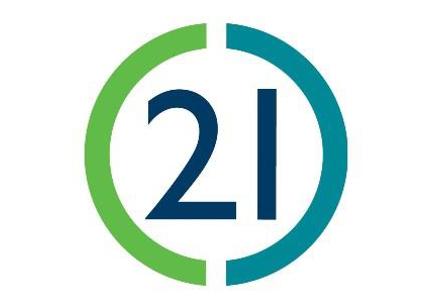
Housing 21 is committed to supporting residents to live as independently as possible for as long as practicable.
Support with accessing aids and adaptations
Residents will be supported and signposted by Housing 21 employees to access suitable aids, adaptations, equipment, and assistive technology to support them to live independently and maintain their wellbeing.
Where major adaptations are required, a range of options will be considered to identify a suitable solution. The options could include a transfer to a suitable property.
Speak to your local manager.
Aids and adaptations should be requested by a resident or someone on their behalf such as a family member, care or support worker or GP.
Housing 21 encourages residents to access aids and adaptations using the existing funding and application routes provided by their local authority, such as Disabled Facilities Grants (DFG) or loaning equipment from Integrated Community Equipment Service (ICES).
Application for Disabled Facilities Grant Funding can be made by the resident (tenant or owner) or Housing 21 as the landlord. In order to be eligible for DFG, the resident must meet both the following:
- be disabled
- intend to live in the property during the grant period (usually five years)
The local authority will review the application and may send out an Occupational Therapist to visit the resident to help them determine if the work is:
- necessary and appropriate to meet the disabled person’s needs.
- reasonable and can be done, depending on the age/condition of the property.
The amount of DFG payable will be determined by the resident’s household income and any savings over £6,000.
For more information on DFG applications and eligibility see the government website.
Residents’ may also choose to fund their own adaptations or may obtain funding or adaptations from charitable sources. In such instances, Housing 21 may request an Occupational Therapist assessment is carried out (if one has not already been completed) before deciding whether or not to give permission.
In exceptional circumstances, where no funding is available and neither the local authority nor health and social care are able to assist, Housing 21 will consider funding adaptations that will enable a tenancy to be sustained or will support the safety of individuals and other residents. The limit for this funding is generally £1,000 but figures above this amount will be considered if the absence of an adaptation could lead to harm or impact quality of life.
It is recognised that the process for applying through a local authority can be lengthy, due to the need for assessment and there are often significant backlogs in processing claims. If the length of the application process is deemed to be disproportionate to the nature of the adaptation request (e.g. installation of grab rails) and could have detrimental impact on the health of a resident, Housing 21 will fund the work.
Housing 21 will not fund adaptations in respect of leasehold properties as the repairing obligation is with the leaseholder.
Quotations: Where adaptations are being funded by Housing 21, the nominated Housing 21 project lead is always required to obtain quotes for goods, work, and services in line with Housing 21’s Financial Regulations and Housing 21’s Procurement Policy.
Request Forms: A Property Alterations Request Form, will need to be fully completed by a local manager and sent to the coordinators to process, for every adaptation request.

Aids and Adaptations Policy
Read our full policy to find out more.


